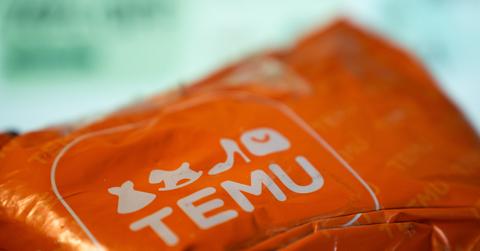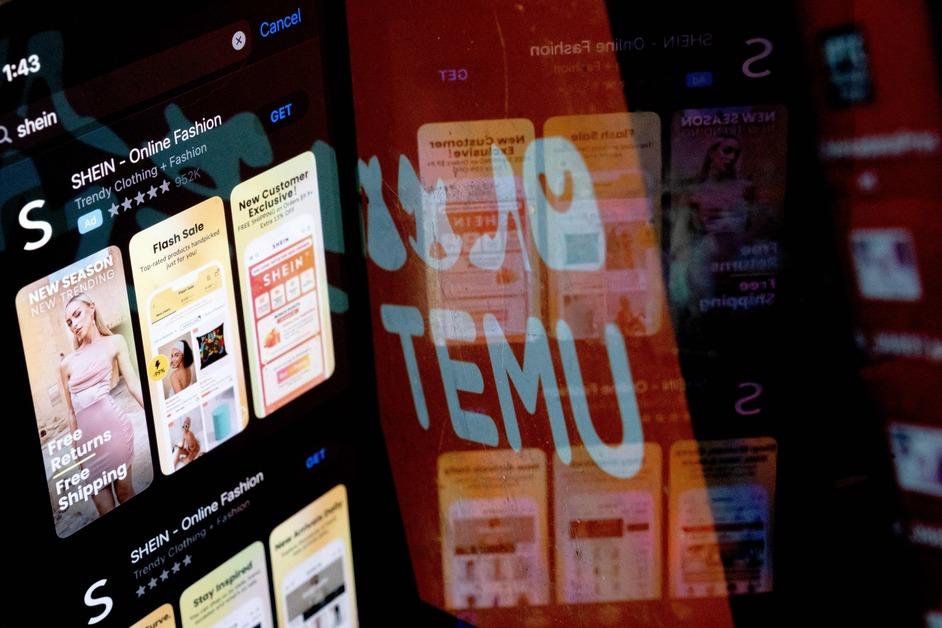Temu Is a Social Media Sensation, but Why Is It so Cheap? An Investigation
Published Nov. 22 2023, 12:00 p.m. ET

The Gist
- Online fast fashion retailer Temu launched in the United States in late 2022.
- Temu’s business model sells products straight from the manufacturer to the consumer, cutting prices drastically.
- However, Temu's alleged poor labor practices and workplace environment pose major concerns.
If you thought Shein was cheap, Temu is even cheaper. The online retailer Temu launched in the U.S. in late 2022 but has already become a favorite for buying cheap products, some even below one dollar.
However, as of November 2023, just over a year after being launched, Temu's fast fashion business model has come under criticism for illegal labor practices and even employee deaths. But why is Temu so cheap? And at what cost?

Why is Temu so cheap?
Founded in 2022, Temu is taking over as the destination for cheap prices and endless discounts. Many social media users have devoted endless videos to Temu hauls or to investigating whether Temu's products are worth the low price points. Thankfully, with the rise of SHEIN, consumers are becoming more skeptical about fast fashion.
However, there are several ways that Temu differs from other cheap websites like Shein.
Based in Boston, Temu is owned by the Chinese company Pinduoduo. The prices, which can sometimes be as low as under a dollar, are virtually unheard of in this age of inflation. But unlike other online retailers, Temu puts customers directly in contact with the manufacturers of a product. This actually makes Temu more of a distributor and significantly decreases all the costs associated with managing products, per USA Today.

Temu has been investigated for concerning labor practices.
Like Shein, there are concerns about the labor practices of Temu. In 2022, Shein and other Chinese companies like Temu were investigated for alleged illegal labor conditions. The companies have been accused of violating the Uyghur Forced Labor Prevention Act, which prohibits the importation of goods to the United States made with forced labor in Xinjiang, per Alliance for American Manufacturing.
The Uyghurs are a Muslim minority group in China located in Xinjiang. According to the U.S. Department of Labor, many Uyghurs in Xinjiang are forced into internment camps where they make goods such as textiles, cotton, toys, and yarn. So, when a company like Temu or Shein sources cotton from Xinjiang, it raises concerns.
According to Reuters, Temu also allegedly utilizes its tax exemption to avoid regulations and import items made with forced labor. Temu has used its low prices to bypass "de minimis." "De minimis" says if an imported item is below $800 in value, they do not have to be inspected or taxed. Because Temu sells things to the consumer straight from the manufacturer, they can guarantee most consumers will have an order of less than $800, per Yahoo.

Temu also has a history of workplace deaths.
In 2021, there were three employee deaths at Pinduoduo, Temu’s parent company. First, a 22-year-old woman collapsed one day after work, only to be dead six hours later. The other deaths took place just weeks after. One employee jumped to his death after being fired for criticism of the work culture; the other, a delivery driver, set himself on fire protesting his unpaid wages.
In China’s work culture, pressure to work into the night with no overtime pay is normal just to keep up with the competition, per The New York Times.
Although overworked employees are not unique to Temu or even the Chinese tech industry, it is an example of how cheap prices come at a very large cost. Fast fashion and cheap goods are not a sustainable future market, especially with the human and environmental exploitation that comes along with it.